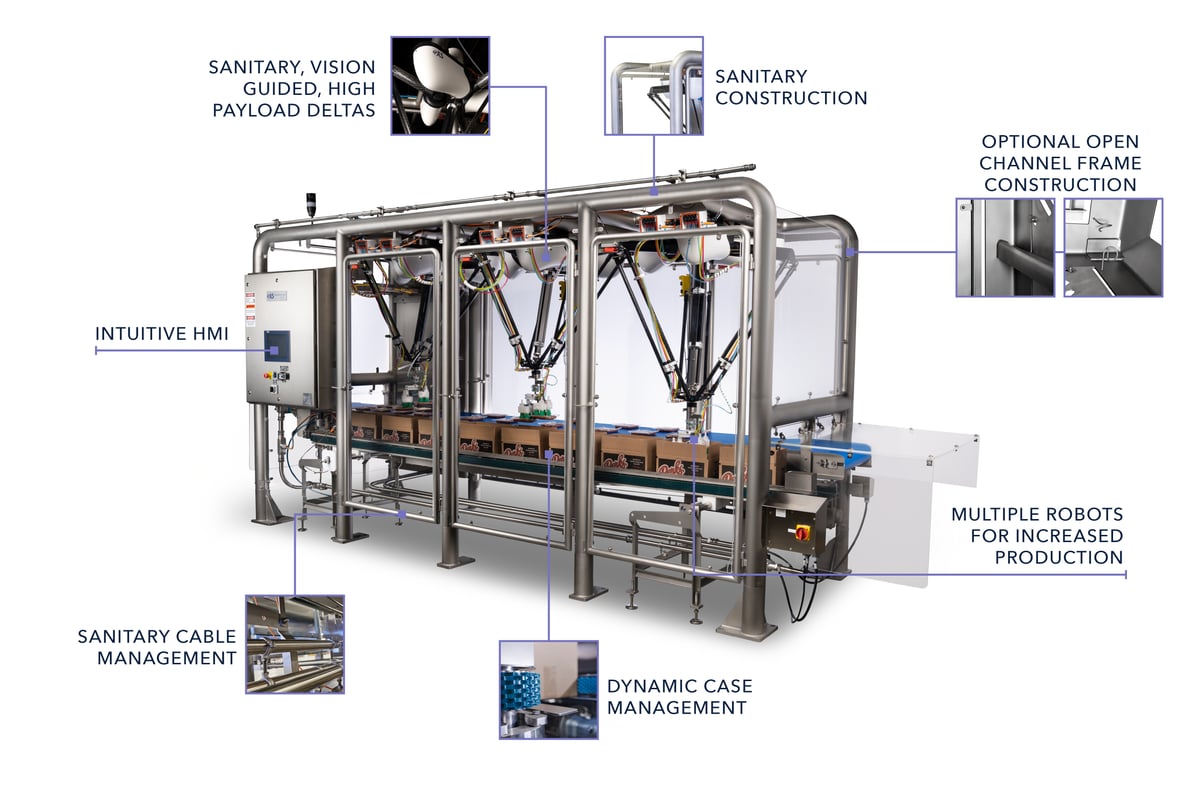Introduction
Virtual assistants have become increasingly popular in various industries, and healthcare is no exception. In recent years, the healthcare industry has seen a surge in the use of virtual assistants to streamline workflows and improve overall efficiency. One area where this technology has significantly impacted is prior authorization workflows within hospitals.
In this article, we will discuss how virtual assistants are transforming prior authorization workflows in hospitals, the benefits they provide, and the potential challenges they may face. We will also explore the role of prior authorization virtual assistants in improving patient care and reducing administrative burden for healthcare providers.
The Challenges of Prior Authorization Workflows
Prior authorization is an essential process that ensures patients receive appropriate care while controlling costs for both patients and providers. However, it can be a cumbersome and time-consuming process for healthcare organizations. According to a study by the American Medical Association, 91% of physicians reported that prior authorization has resulted in delays in patient care, and 28% have experienced adverse events due to these delays.
The traditional prior authorization process involves submitting paper forms or making phone calls to insurance companies to get approval for specific medical treatments or procedures. This manual process is time-consuming and prone to errors and inefficiencies. It often requires extensive documentation and follow-up communication between providers and insurance companies, leading to increased administrative burdens and potential delays in patient care.
The Role of Prior Authorization Virtual Assistants
Prior authorization virtual assistants are sophisticated software programs designed to automate and streamline the prior authorization process. These virtual assistants can handle tasks such as gathering required information, verifying patient eligibility and coverage, and submitting prior authorization requests to insurance companies.
By automating these tasks, virtual assistants can significantly reduce the administrative burden on healthcare providers and allow them to focus on providing quality care to patients. This technology also helps eliminate errors and delays that are commonly associated with the manual prior authorization process. Additionally, virtual assistants can provide real-time updates and alerts on the status of prior authorization requests, allowing providers to make timely decisions for their patients.
The Benefits of Prior Authorization Virtual Assistants
Using prior authorization virtual assistants in hospitals has numerous benefits for healthcare providers and patients.
- Increased Efficiency:
One of the most significant benefits of using a prior authorization virtual assistant is increased efficiency in the prior authorization process. These virtual assistants can quickly gather all necessary information, verify patient eligibility, and submit prior authorization requests in a matter of minutes. This significantly reduces wait times for patients and allows providers to focus on other critical tasks.
- Cost Savings:
By automating the prior authorization process, hospitals can save significant costs associated with administrative work. Virtual assistants eliminate the need for manual paperwork, reducing the need for additional staff to handle prior authorization requests. This also leads to a decrease in errors and rework, resulting in cost savings for both patients and providers.
- Improved Patient Care:
With faster processing times and reduced delays, virtual assistants play a crucial role in improving patient care. Patients no longer have to wait for extended periods or deal with multiple phone calls to get prior authorization approval for necessary treatments or procedures. This improves patient satisfaction and ensures that they receive timely and appropriate care.
- Reduction in Administrative Burden:
The prior authorization process can be a time-consuming and tedious task for healthcare providers, taking them away from patient care. With virtual assistants handling the administrative work, providers can focus on more critical tasks such as diagnosing and treating patients. This not only improves efficiency but also helps prevent burnout among healthcare professionals.
Potential Challenges for Prior Authorization Virtual Assistants
While prior authorization virtual assistants offer numerous benefits, potential challenges need to be addressed to ensure their successful implementation.
- Integration with Existing Systems:
One of the main challenges is integrating virtual assistants with existing hospital systems and processes seamlessly. These systems may vary from one organization to another, making it essential to customize the virtual assistant to fit specific workflows. This requires collaboration and coordination between IT departments and healthcare providers.
- Data Security:
Virtual assistants handle sensitive patient information, which makes data security a top priority. Healthcare organizations must ensure that proper protocols are in place to protect patient data and comply with HIPAA regulations.
- Training and Adoption:
Prior authorization of virtual assistants requires training for healthcare professionals to use them effectively. Adapting to this new technology may also pose a challenge for some individuals within the organization. Providing thorough training and support is crucial to ensure a smooth transition and successful adoption.
Conclusion
In conclusion, prior authorization virtual assistants are transforming workflows in hospitals by increasing efficiency, reducing costs, and improving patient care. While there may be potential challenges in implementing this technology, the benefits far outweigh any concerns. DocVA virtual assistants continue to evolve and improve, they have the potential to revolutionize the prior authorization process and streamline administrative tasks for healthcare providers. So, hospitals must embrace this technology and reap its many benefits for patients and providers.
Overall, virtual assistants are just one of many examples of how innovative technologies are shaping the future of healthcare. It is an exciting time to be a part of an industry that is constantly evolving and finding new ways to improve patient care while increasing efficiency within organizations. With continued advancements in technology, we expect to see even more improvements in the healthcare industry, making way for a better and healthier future for all. So, let’s embrace technology and welcome virtual assistants as valuable tools for providing patients quality care. Let’s work together towards a more efficient, streamlined healthcare system that benefits everyone involved. Keep an eye out for new advancements and innovations in the field of healthcare, as they will undoubtedly shape how we think about and approach patient care in the years to come.








